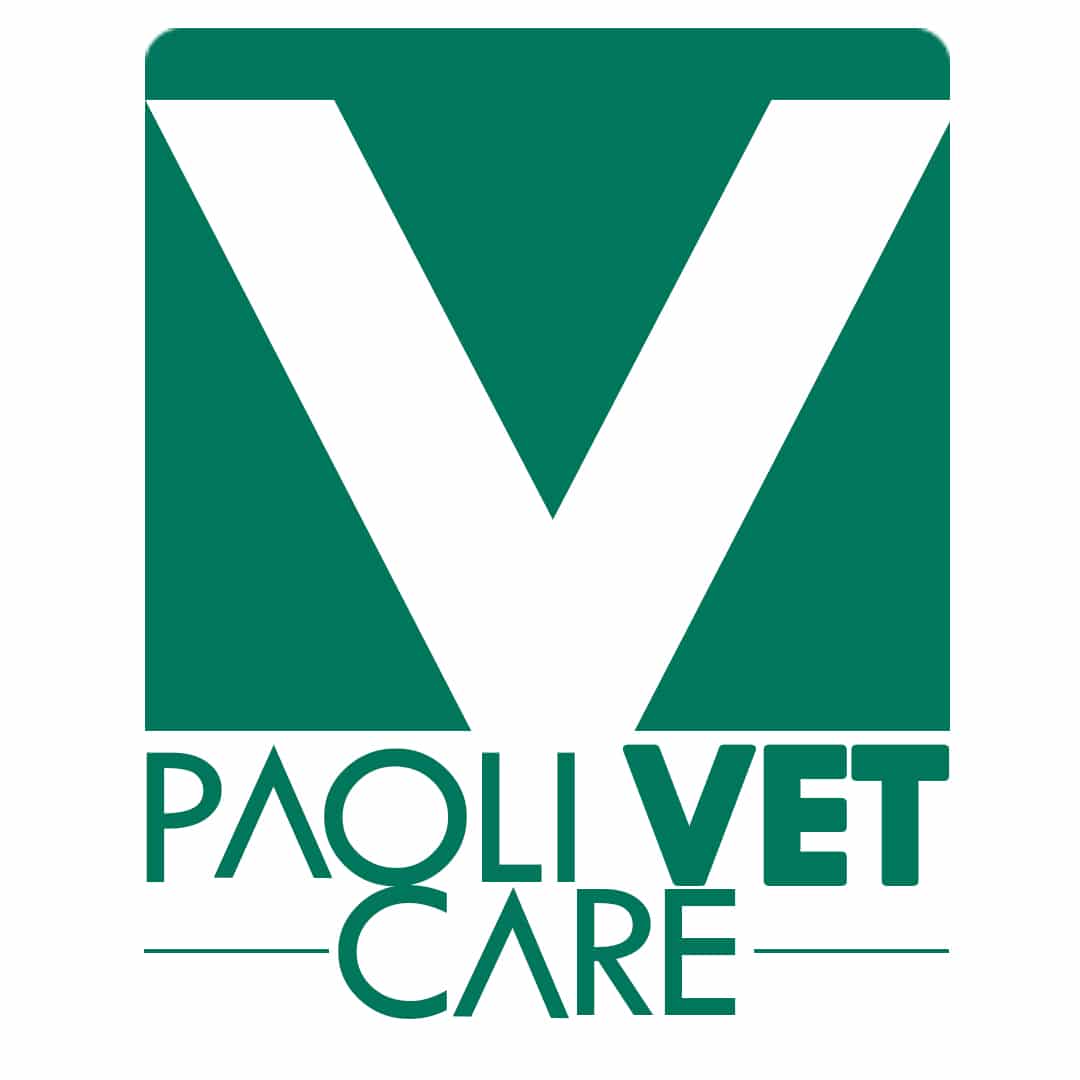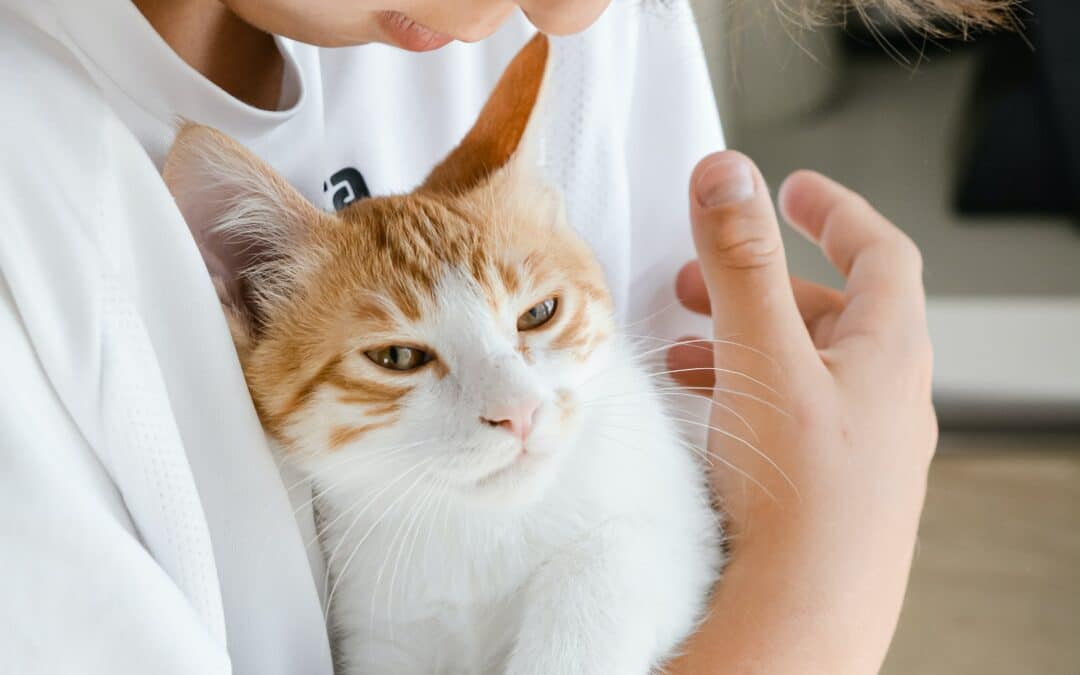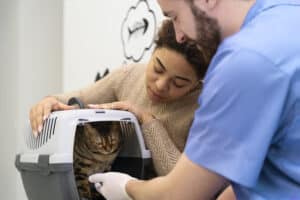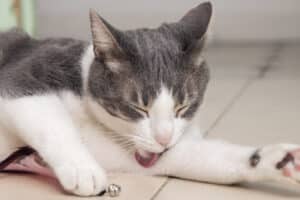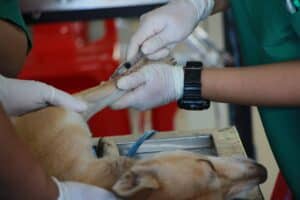Gastroenteritis is more than an upset stomach for your cat. Symptoms such as vomiting, abdominal pain, and cat diarrhea, feline gastroenteritis signal the condition. Infection, viruses, parasites, medications, or even a new brand of cat food or cat treats are leading causes of gastroenteritis.
What Is Gastroenteritis in Cats?
Table of Contents
The stomach troubles your cat displays are characteristic of gastroenteritis. The vomiting and diarrhea your cat is experiencing represent more severe symptoms. Gastroenteritis in cats can indicate illness and the need for veterinary care or simply that the cat food you bought bothers your cat’s stomach.
Here are some of the leading causes that can lead to cat diarrhea and gastroenteritis:
- Bacterial, fungal, viral, or parasitic infections
- Swallowing a foreign object
- Intestinal blockage
- Cancer or tumors
- Poisoning from plants, insecticides, or cleaning products
- Diabetes
- Pancreatic, kidney, or liver disease
- Hyperthyroidism
If you’re wondering, “Can cats get stomach bugs?” the answer is yes. Rotavirus, a common cause of gastroenteritis in humans, can be passed to your cat. If you have a stomach bug, stay away from your cat until you feel better to keep the virus from spreading.
What Are the Main Symptoms?
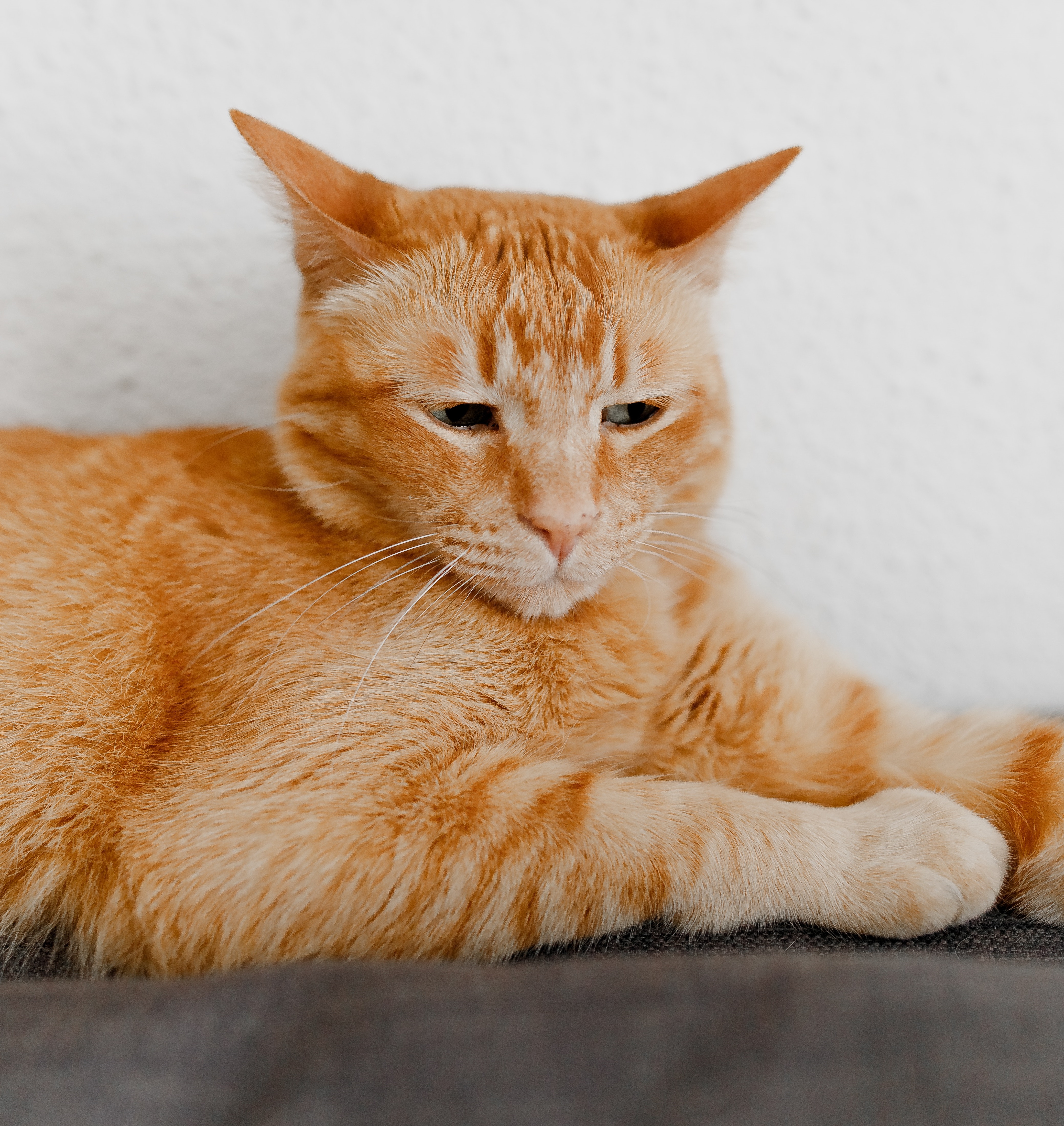
Gastroenteritis in cats is easy to spot. In gastroenteritis, your cat’s vomit may include foamy, and yellow bile, especially if their stomach is empty. Take note of any dry heaving or gagging. Your cat could have large amounts of runny bowel movements several times a day.
Cats with gastroenteritis will usually have tenderness or pain when picked up in the abdominal area and may be lethargic. They may stop eating and can have a low-grade fever. Gastroenteritis can leave cats dehydrated if the vomiting and diarrhea last for more than a day.
The best way to prevent serious pain from prolonged gastroenteritis is to contact a vet quickly. Don’t wait to seek medical help if you observe a pattern of symptoms.
What Are the Risks?
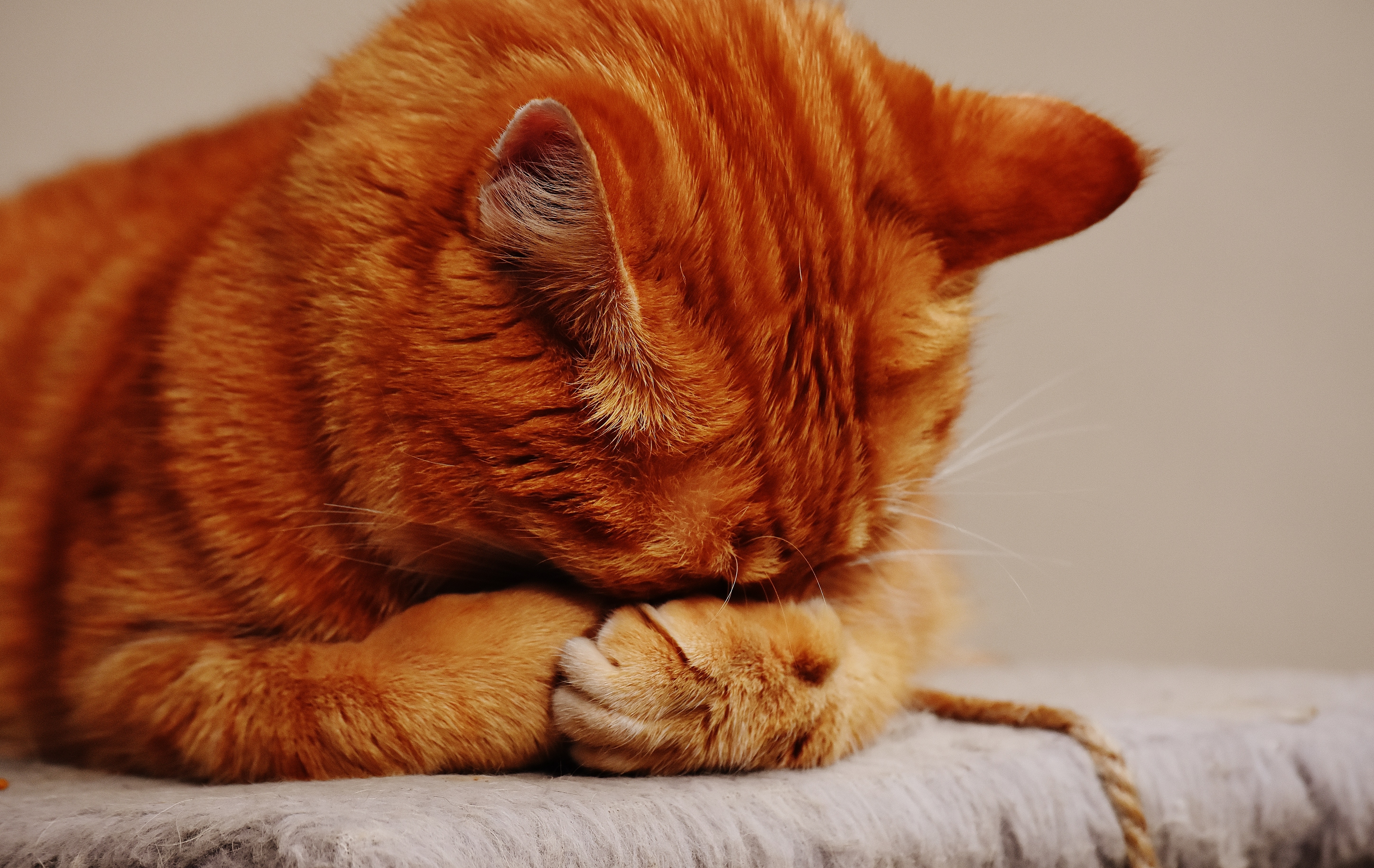
The discomfort and mess of gastroenteritis in cats are minor compared to the risks of the condition. Gastroenteritis and its vomiting and diarrhea can lead to dehydration and electrolyte imbalance. Contact your veterinarian if vomiting and diarrhea are severe.
How To Diagnose Cat Gastroenteritis?
Since feline gastroenteritis has many potential causes, your veterinarian will need the answers to several questions. These include:
- What is your cat’s diet, and what has your pet eaten and drank in the past 48 hours?
- Has your cat had any new foods or treats?
- Has your feline had any previous vomiting or diarrhea?
- Has your pet been exposed to pesticides, cleaning products, or medications?
- Has your cat been ill in the past month or had any chronic illnesses?
After considering the answers to those questions and reviewing your cat’s medical history, your veterinarian will examine your cat, looking for abdominal pain, swelling, gas, or signs of dehydration. Your veterinarian will check your cat’s temperature, heart rate, and respiratory rate.
They might use testing such as a complete blood cell count (CBC), serum chemistries and electrolytes, fecal test, urinalysis, X-rays to check for obstructions, or an abdominal ultrasound to help in diagnosis.
What Is the Best Treatment for My Cat?
The best gastroenteritis treatment for your cat depends on your feline’s diagnosis. Once your veterinarian has made a diagnosis based on test results and clinical observations, they recommend treatments to counter the root cause. Most gastroenteritis treatments include rehydration and restoring electrolyte balance.
Address the cause of the gastroenteritis with antibiotics if a vet discovers a bacterial infection. They may also prescribe anti-vomiting medications, along with gastrointestinal protectants to prevent the formation of stomach ulcers.
According to a research article on the management of vomiting disorders in cats, smaller meals and giving your pet bland “wet” cat food can be easier on cats’ stomachs.
How To Prevent Gastrointestinal Problems in Cats?
Medical professionals can’t prevent every case of gastroenteritis, but prevention is still possible. Trying new foods or treats or ingesting a foreign object cause most cases. You can reduce the risk of gastroenteritis by:
- Introducing new foods, treats, or medications slowly
- Keeping items your cat shouldn’t eat out of reach
- Seeing your veterinarian for fecal screenings and blood work that can screen for diseases and spot parasitic problems
- Asking your veterinarian to give your cat parasitic prevention treatments
- Taking your cat to the veterinarian for regular wellness visits
If your cat becomes ill, call your veterinarian for an appointment immediately. Your veterinarian will have your cat’s medical history on file, and you can trust them for the best feline health recommendations.
Prognosis: How Long Does It Last and What Is the Likely Outcome?
If you see a bloated cat belly when you pet your feline friend, or a cat vomiting and diarrhea, you’ll know that the answer to “Can cats get stomach flu?” is yes. Cats can have gastroenteritis symptoms from many causes. Life-threatening illnesses or simply trying a new food often trigger gastroenteritis in cats.
Most cases of gastroenteritis in cats are not serious, but it’s vital to see your veterinarian to make sure your feline doesn’t become seriously ill. Early diagnosis and treatment of gastroenteritis will return your cat to health sooner.
The majority of cases of gastroenteritis in cats improve quickly after the cat is rehydrated and electrolyte levels return to normal. If the vomiting and diarrhea don’t dissipate within a day or two of veterinary treatment, contact your vet immediately.
Regular veterinary care for your cat is essential to good health. When you see your veterinarian for feline wellness visits, you should ask questions about health tips so you’re better prepared when your cat does have an illness such as gastroenteritis. Diagnosing your cat will be easier because your pet’s medical records will be on file.
The first step toward preventing gastroenteritis in cats is making sure your cat has routine veterinary care throughout its life.
